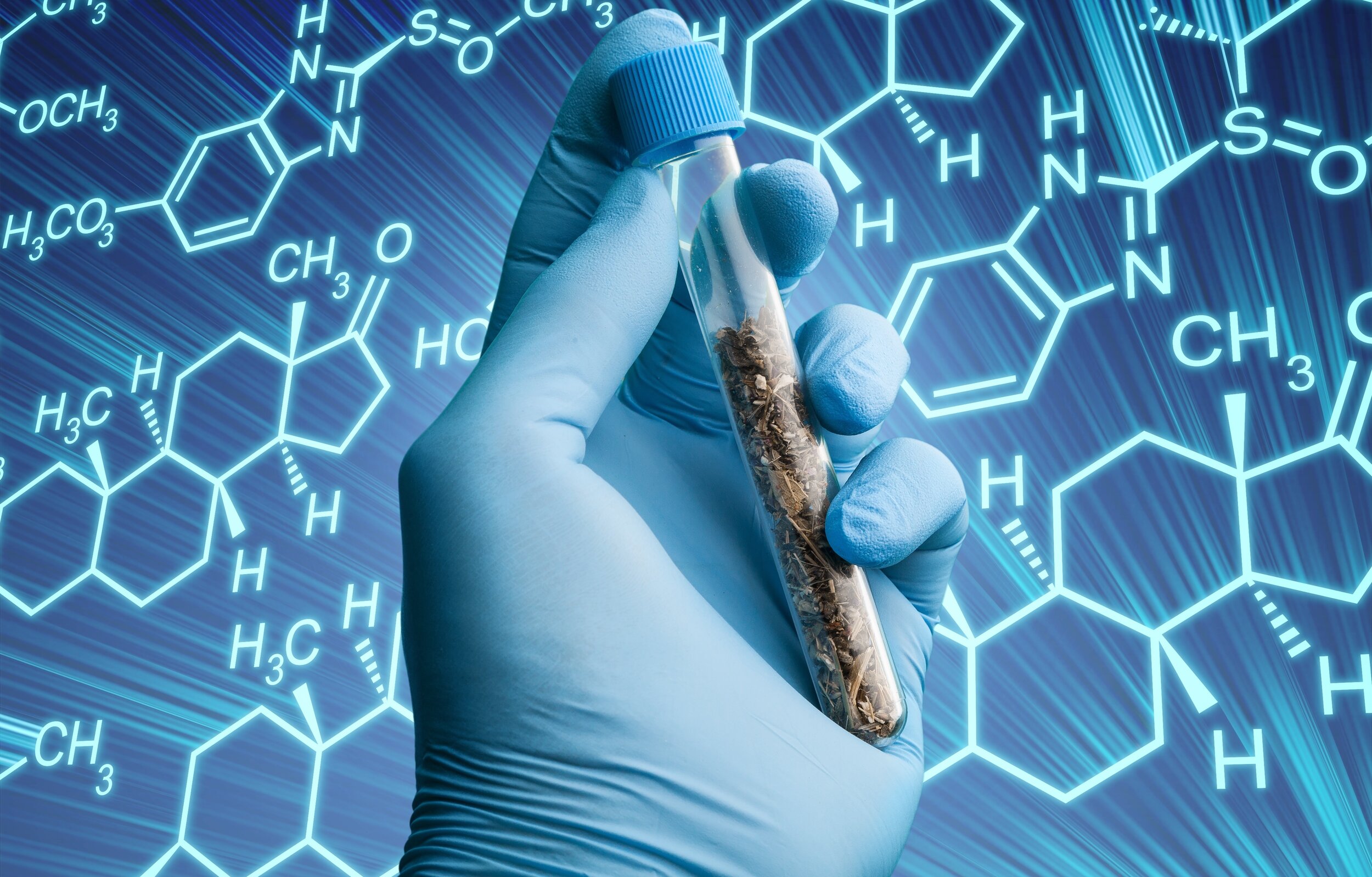Marijuana vs Alcohol
/To intoxicate, marijuana and alcohol disrupt proper brain function - but they do it differently. Proper brain function requires a variety of neurotransmitters that the body produces when it needs them. Cannabinoids are one type of neurotransmitter, of which correct amounts are always required for optimal brain health.
THC - the substance in marijuana that makes a user “high” is actually a cannabinoid. It also acts like a hallucinogen, that specifically activates the endocannabinoid receptor system in the brain and disrupts normal cannabinoid-based function (movement, memory and a variety of emotional functions) in the process of creating the high. Distorted feedback and failed memory storage caused by the THC, spoofs the brain. Flooding the brain with THC also has the potential to rewire it to require greater amounts of cannabinoid neurotransmitters that the brain cannot produce. In contrast, alcohol is a depressant. A.k.a Ethanol that dehydrates cells. This alters the cellular membranes in the brain - if consumed in intoxicating quantities - these altered membranes change the way cells and neurotransmitters function together in a relatively non-specific way but create drunkenness. Consequently, alcohol can disrupts overall brain function for a short time versus THC that alters a specific-set of functions and potentially rewires them. Below are other comparisons between the two substances.
Marijuana effects are persistent - More on fat vs. water solubility
N = 2,179-3,678; longitudinal study between 13-25 years
Green = marijuana; yellow = alcohol
—Did not complete High school
—Did not enroll in university
—Did not obtain a degree
Source: E. Silins et al, Drug & Alcohol Dependence 256 (2015) 90-96; previous research (Esch et al, 2014; MacLeod et al, 2004; Maggs et al, 2015; Silins et all, Lancet Psychiatry, 2014; Townsend et al, 2007)






